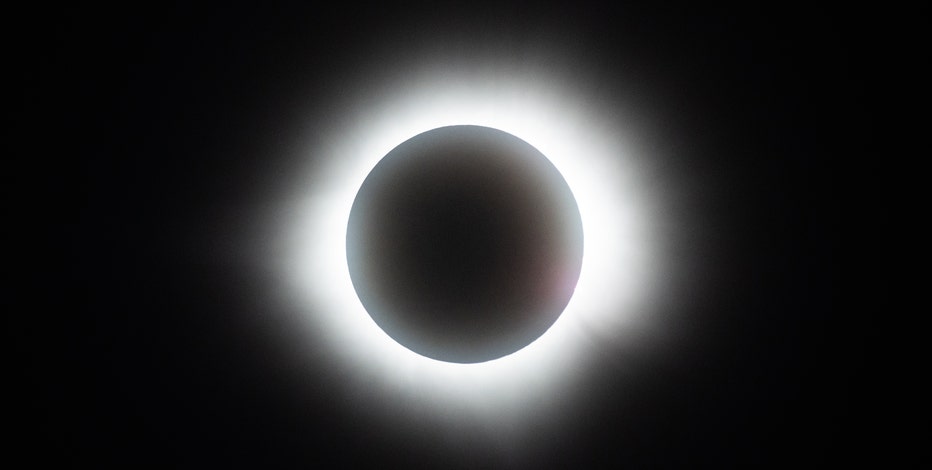Bay Area awed by rare solar eclipse
SAN FRANCISCO - For millions of Americans, Monday's solar eclipse was the celestial event of their lives.
The Exploratorium in San Francisco, typically closed on Mondays, welcomed eclipse enthusiasts with open doors. Experts stood by to field visitors' inquiries about the rare phenomenon.
"You maybe have a chance of two per year with the way the alignment works out geometrically, and then that event needs to happen where people live," explained Ken Finn, a science educator at the Exploratorium.
The reactions transcended mere amazement.
"I would hope, and I believe that it would really trigger an exploration of outside your own little world; that there is hope and goodness and beauty and awe in the world," said Sunny Schwartz of San Francisco.
Shirley Moore added, "I want to actually experience this; this is a bucket list (item) and then with the next ellipse, I don't think I'll be around."
For Matt Gan of San Francisco, the eclipse symbolized a new beginning.
"It feels like it's a transformation," he said. "New energy. It's a time of change you know. It's pretty awesome."
SEE ALSO: Solar eclipse memes that are actually good to stare at
For children, the celestial event ignites a magical interest in the sciences, which can lead to rewarding careers and contributions to humanity.
"It's not only important, the fact that parents are here, but a lot of educators and a lot of astronomers are here to help out other people, other families," said teacher Sergio Simarro.
El Yeo, who brought her daughter to witness the eclipse, agreed.
"I think for her, it is important, especially for women. They're not very prominent in the field of science. But, I think things like this help to promote the interest," Yeo said.
While a rare occurrence on Earth, whenever the sun and moon align, an eclipse occurs somewhere.
"That's because that shadow, that's being cast by the moon being in front of the sun is falling somewhere in space; not on our planet at all," explained science educator Finn.


